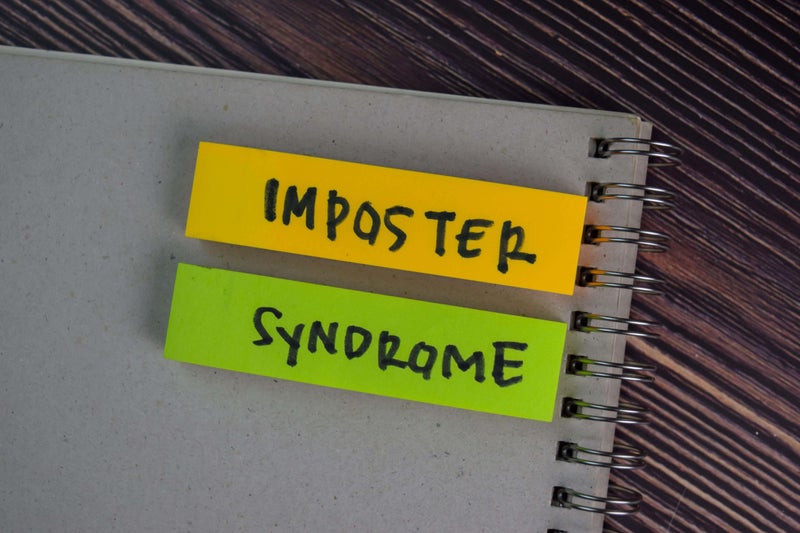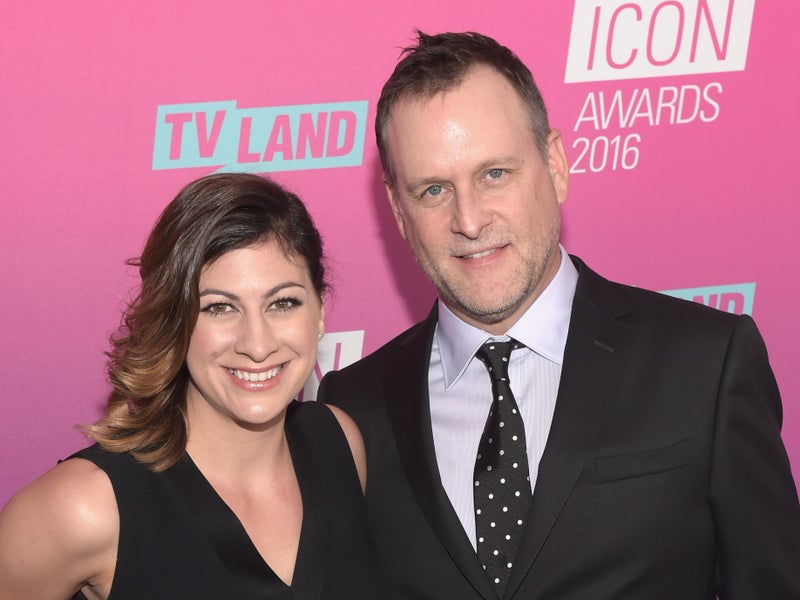We all want to present the best possible version of ourselves when we’re applying for jobs, but when does putting a positive spin on your experiences cross a line into all-out lying, and what might be the consequences? Katie Rosseinsky asks the experts.
![[Recruiters spend a lot of time ‘essentially separating fact from fiction’]](https://static.independent.co.uk/2025/02/21/8/46/iStock-2170735455.jpg)
In theory, our CVs should be a straightforward reflection of our careers to date, listing jobs, qualifications, and any particularly important skills. Simple, right? But if the versions of ourselves laid out in these documents were to come to life, chances are we probably wouldn’t recognise them. Instead, they’d appear as awful Apprentice candidate doppelgangers, whose grandiose claims definitely wouldn’t pass a bulls**t detector test.
![[Lying on your CV could be considered fraud]](https://static.independent.co.uk/2025/02/21/8/09/iStock-1272953983.jpg)
“Highly proficient” in Microsoft Excel? The last time you opened a spreadsheet was in a secondary school ICT suite running Windows 95. Can your rusty Spanish really be classed as business standard, unless your line of business involves ordering beers? And as for that “integral role in high-level negotiation”? Well, you sat in on a few Zoom calls. With your camera off. In silence. Somewhere along the line, getting a little bit, ahem, imaginative with your resumé became commonplace.
This month alone, two politicians have had their CVs in the spotlight. First, chancellor Rachel Reeves made headlines for all the wrong reasons after it emerged that her LinkedIn profile erroneously elongated her stint at the Bank of England by nine months (she’d previously been called out for claiming she’d worked as an economist at HBOS, when she was employed in retail banking instead). The profile has since been amended, and a spokesperson for Reeves blamed administrative errors made by her team. Then it was the turn of business secretary Jonathan Reynolds to come under fire. A biography on his old constituency website had previously referred to him as solicitor – despite the fact he’d never actually qualified. In an echo of the Reeves saga, Labour sources put it down to “human error from his office”.
What drives us to play fast and loose with the truth? “It’s really just a risk versus reward calculation,” Kohler says. When we weigh up whether or not to misrepresent ourselves on a job application, we are essentially “deciding if that added boost to the strength of a CV is worth the consequence if it gets found out”. In a crowded, competitive and often dispiriting job market, you can understand why some jobseekers might start to throw in a few superlatives or add a glossier spin to their achievements.
Bizarre claims about celebrity bashes might seem pretty harmless, even irrelevant. But this Beyoncé bluff also falls under the umbrella of “unverifiable lies”, the sort of hard-to-check claims that many resort to in order to glam up their CVs. Changing the dates of your employment or your degree results are falsehoods that can be easily found out, if someone decides to do some digging. But if you boast about increasing productivity or engagement by some impressive percentage, that’s harder to check up on. “Organisations are just not equipped to provide you with verification about whether or not someone increased the revenue by 216 per cent,” Dootson says.
Those smaller deceptions often lead to larger, more damaging ones. Therein lies the problem: lies have a habit of being found out. And when they do, “you’ve labelled yourself as dishonest at worst, or a little bit sloppy or inept at best”, says Smorfitt. Even if you are good at blagging, how long can you actually keep it up if you do land the job? If you’ve claimed that you boosted sales up to £2m at your last company, your new boss will probably expect you to do the same. “You’re going to find yourself very quickly in a situation where you’re falling short of expectations,” Smorfitt adds.
Throughout his career, Hanchard has “come across many cases where job offers have been revoked as a result of an embellished CV, and several cases where employees have gone on to be dismissed either for having lied during the recruitment process, or for claiming skills that it was later discovered they did not have”. Even if an employee ends up performing well in a job they fibbed to secure, “they can still be at risk of dismissal for breach of trust”. In most cases, he adds, the employer would stop there, “and not pursue any legal action on top” – but “there are lots of examples where the employer went further”. There are certain regulated industries, like medicine or law, where the consequences might be especially serious.
Even if you are good at blagging, how long can you actually keep it up if you do land the job?. Of course, she adds, “you need to make yourself stand out” from the rest, but it’s always worth asking yourself: “If I was challenged on this information in public, would I feel confident to say it’s true?”.































